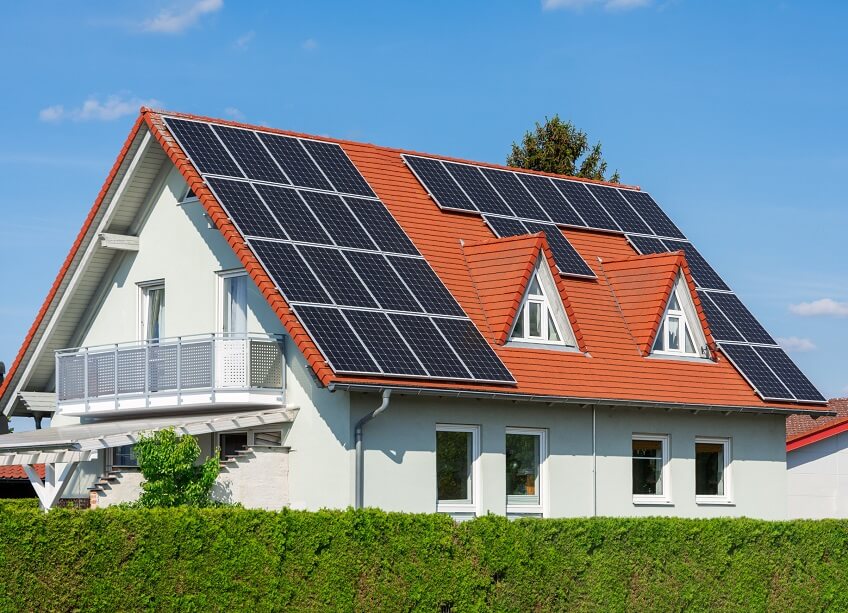
The solar energy industry is growing and advancing rapidly. This means that there may be information out there that was accurate several years ago but not today. Let’s look at some of the myths still floating around and provide you with some current, more accurate information.
It’s true that solar was very expensive about 10-15 years ago, but this is no longer the case. Installation costs of solar panels has dropped dramatically over the years, and today it’s a great choice for many homeowners and business owners. Most locations throughout the country have a payback of about 10 years from the electricity savings, and the life expectancy of a solar system is about 30 years. This means most homeowners get many years of “free” electricity.
It’s true that your system will require some sort of maintenance throughout the year, but it’s nothing as time consuming as the initial systems, and it’s dependent on the system and what equipment is used. Systems without moving parts or lead-acid batteries require less maintenance than those with arrays or racking systems with moving parts.
It’s true that winter days are a shorter than summer days, and output is slightly lower in the winter months than in summer. But, solar energy systems still produce efficient amounts of electricity in the winter. In fact, soar efficiency is actually higher when panels are cooler rather than in extreme heat. Power is generated from the light of the sun, not the heat.
It’s true that you may need to adjustment your policy to ensure it covers the solar energy system, but you don’t need a special policy. Most homeowners’ insurance policies cover the system because it’s considered an overall, permanent improvement to the home.
It’s true that warranties will vary by manufacturers, but the vast majority of these products come with some sort of warranty. Inverters, panels, and batteries are generally covered, and many installers offer warranties that will even cover the labor.
It’s true that some companies have damaged roofs while installing panels, but this is not typical with experienced and qualified companies. In fact, many systems actually protect the roof because they shield shingles from hail, snow, and wind. To prevent possible damage, read reviews on the company you’re looking at and discuss your concerns with the sales person and installers.
It’s true that your electricity bills are minimized, but unfortunately your monthly bill will not be eliminated. Utility bills have a supply charge and a transmission/distribution charge. You’ll be able to forego the supply charge because you won’t be taking from the typical grid system (unless your panels don’t produce enough for your usage), but you’ll still need to pay from the transmission/distribution charge. The supply charge is typically the larger of the two, so the value is still there.
For any questions or concerns about solar here in Utah, give Four Seasons Solar a call.
